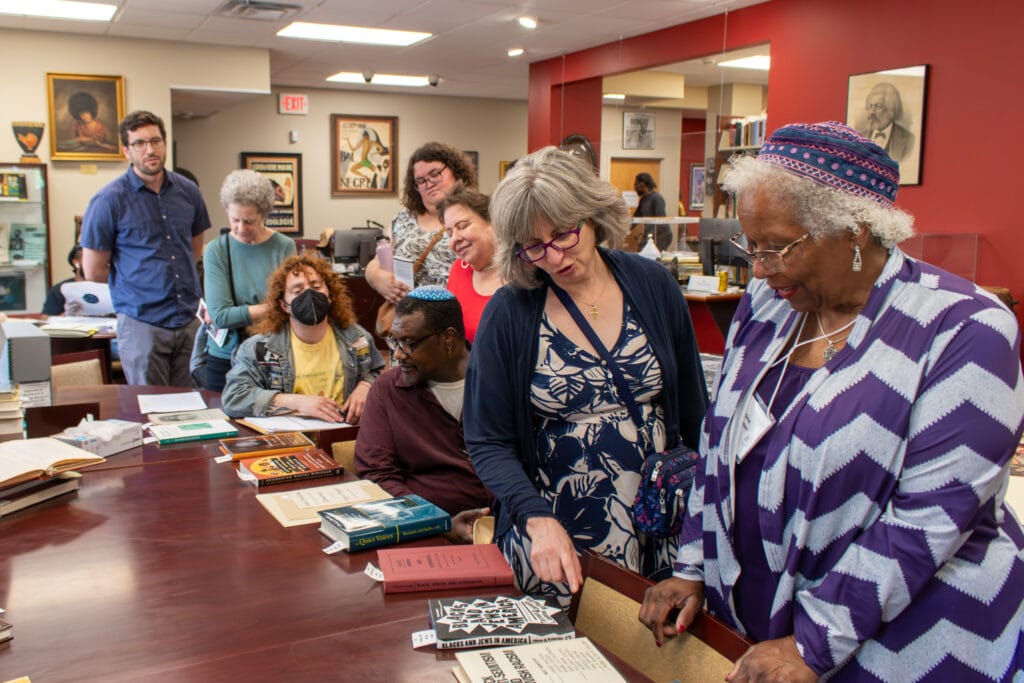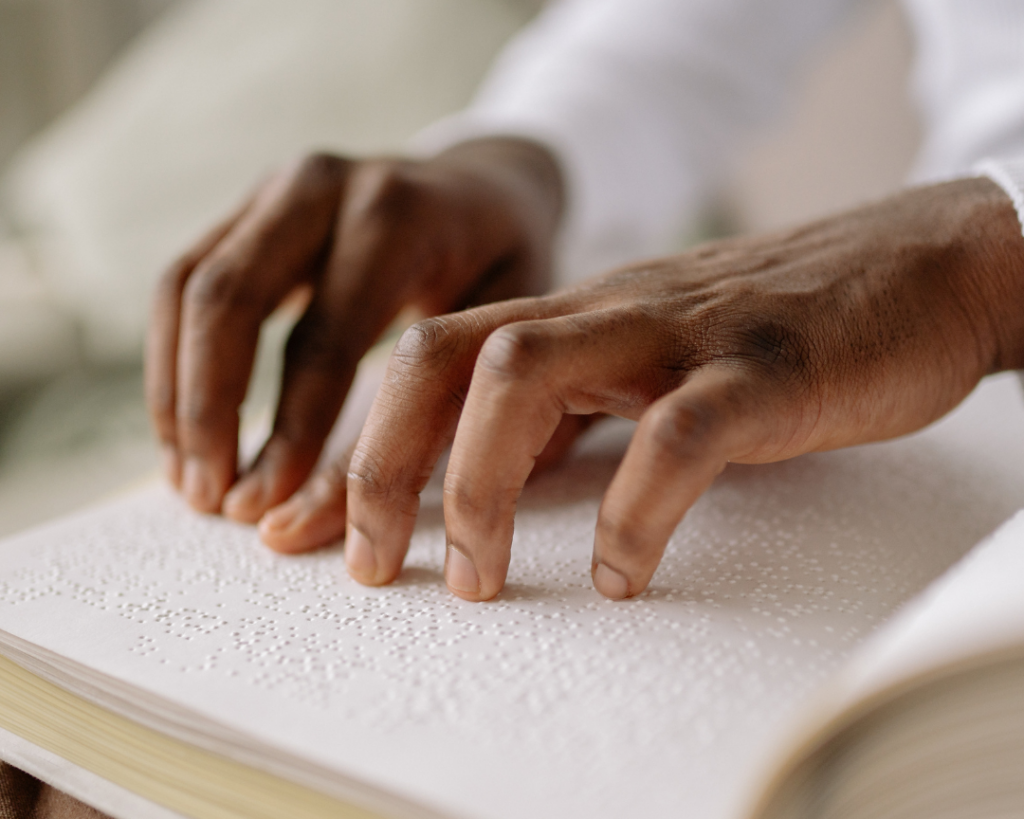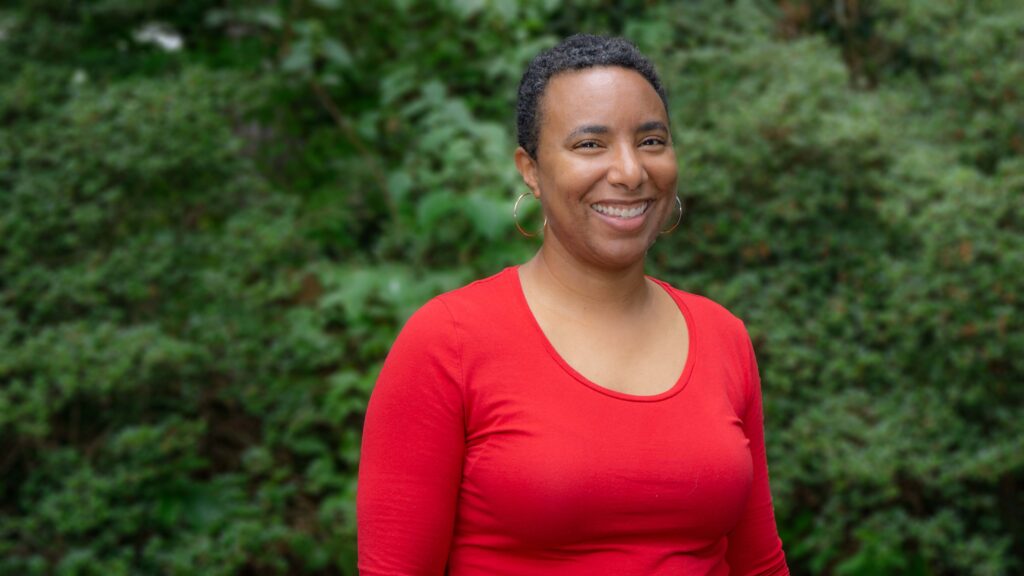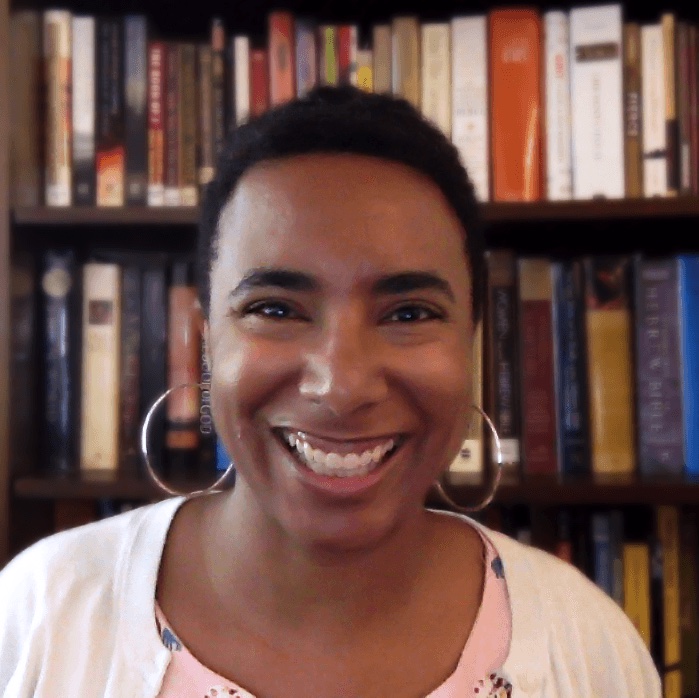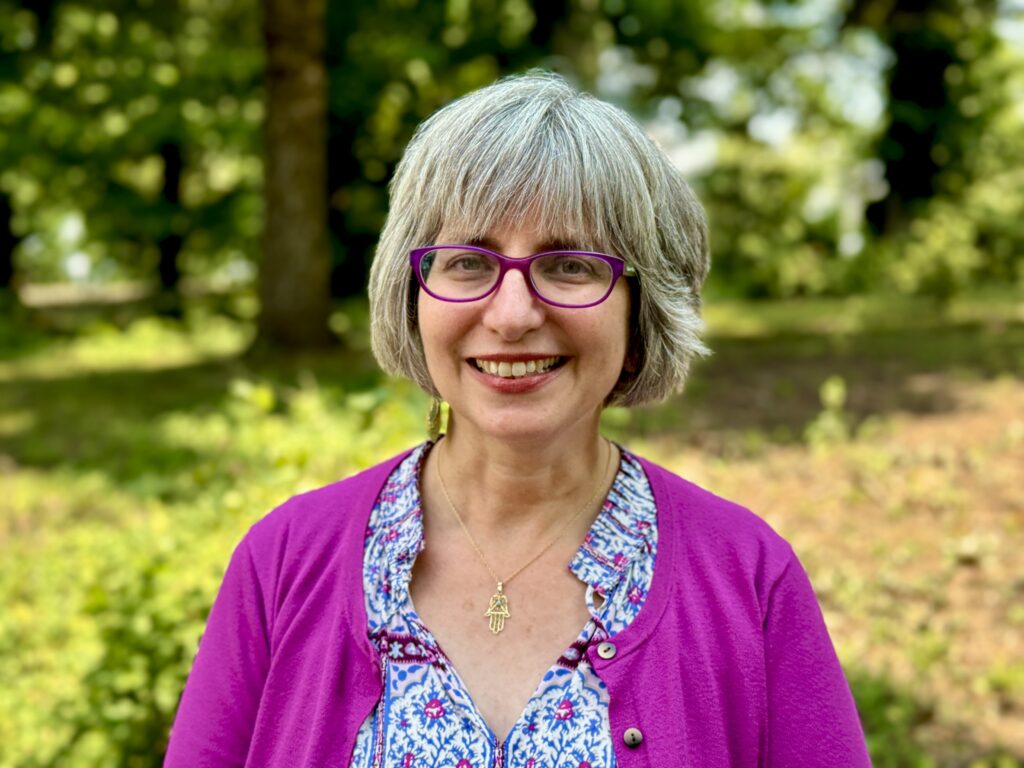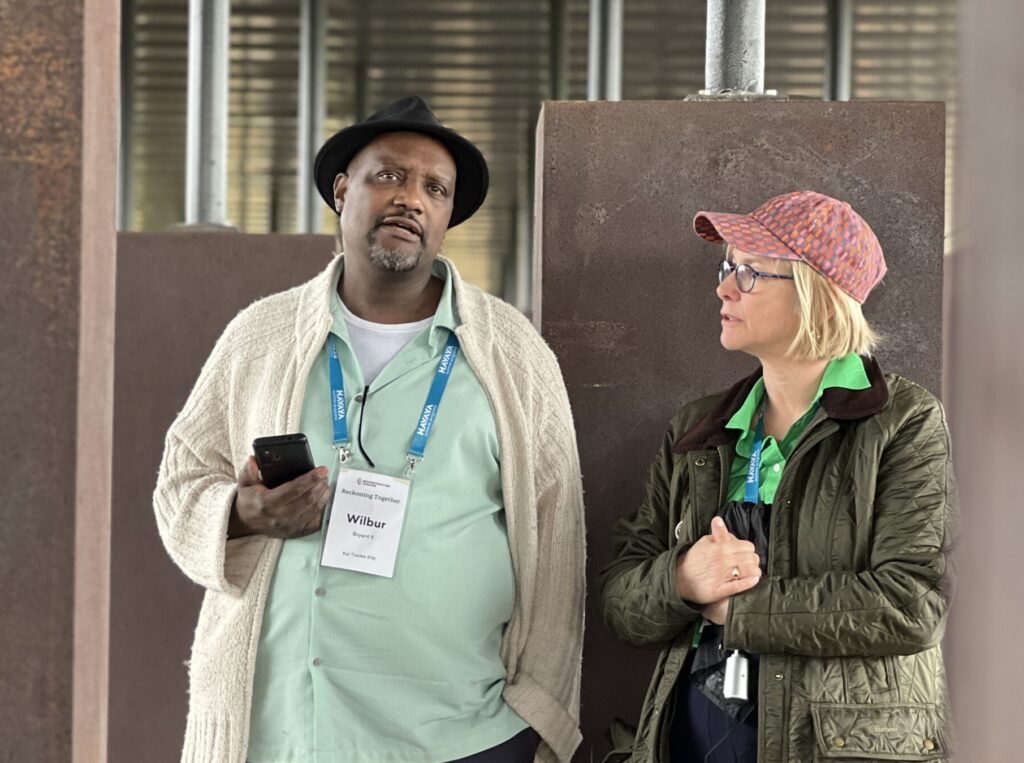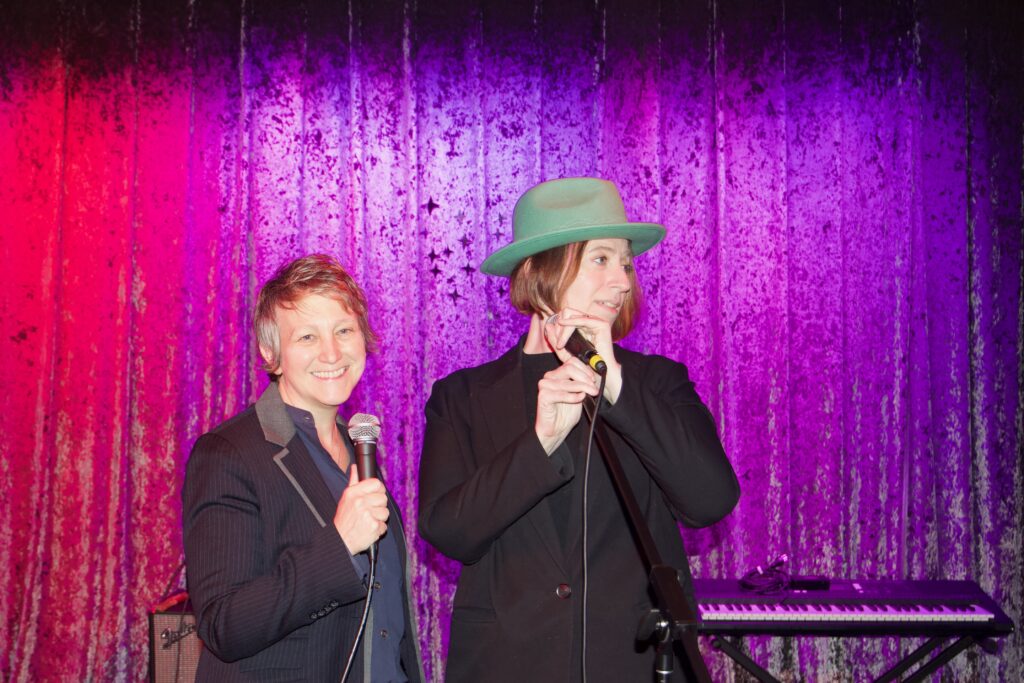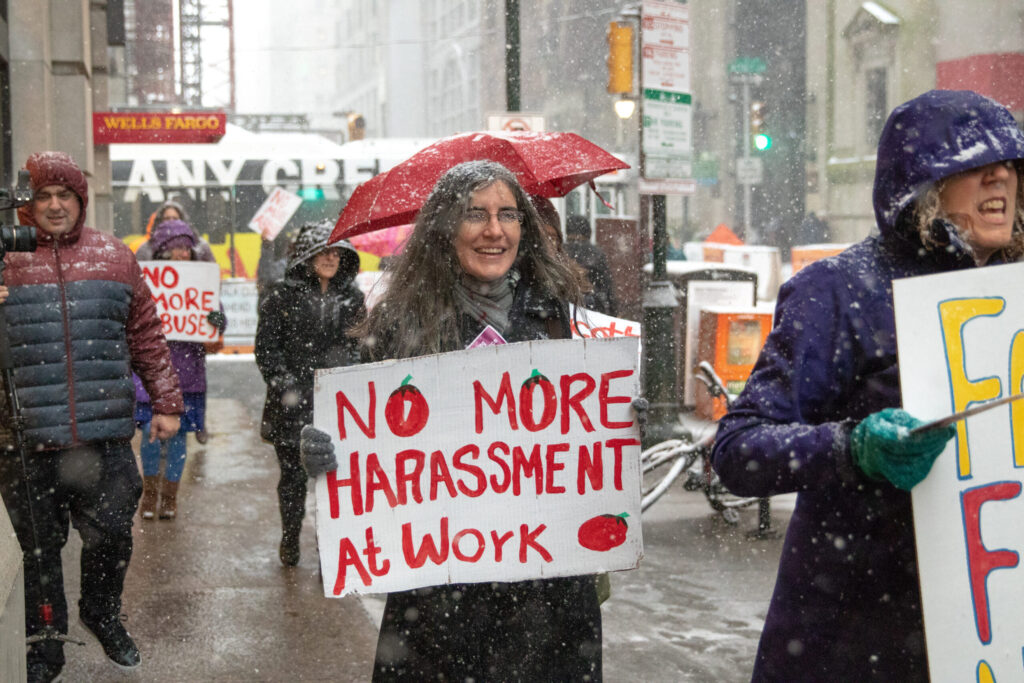Rabbi Nicole Fix (RRC ’23) is using avant-garde musical theater to bring the Talmud to the stage — and sound a warning on the dangers of present-day extremism. Chloe Zelkha, a fourth-year RRC student, is building community for young adults grieving the loss of a parent, partner, sibling or close friend.
While the two projects might at first glance sound dissimilar, they share much in common. Both engage with young Jewish adults who may lack meaningful connections or are underserved by Jewish institutions. And both projects represent a conscious effort to Reconstruct an aspect of Jewish life so that it meets the needs of the moment.
